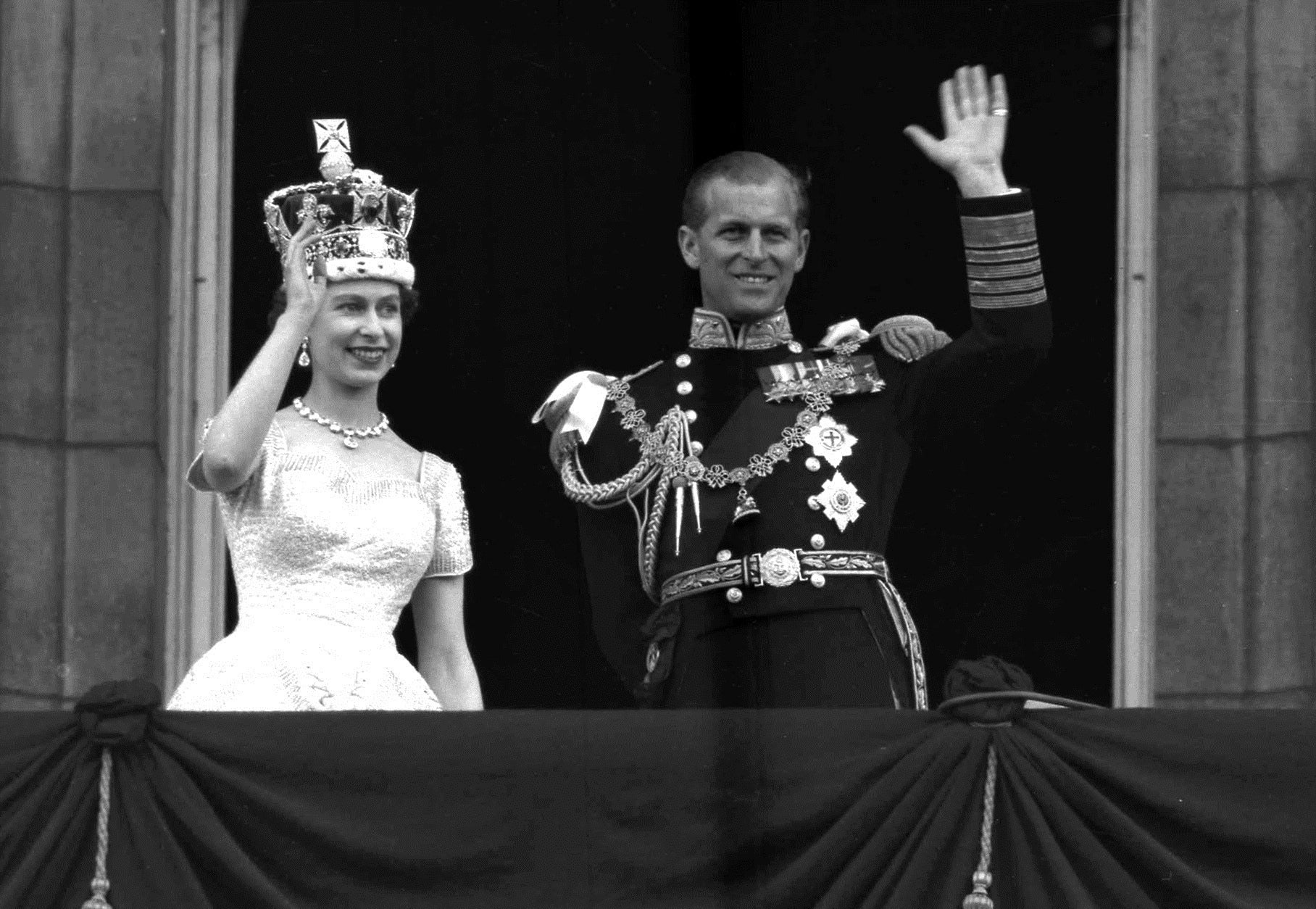There is one word that sums up Queen Elizabeth’s long reign
It was Queen Elizabeth II – along with Prince Philip – who created a monarchy for the 21st century, writes Alison Weir


When, on her 21st birthday, the future Elizabeth II dedicated her life to her future subjects, her words were not spoken lightly. For the one word that sums up her long reign is “dedication”. For the late Queen, there was no other option. For 70 years and more, her royal duties and the needs of her subjects were her highest priority, and she was a shining example to everyone in public service, and indeed in all walks of life.
Elizabeth II might have epitomised well-dressed, middle-class England, embodying all its best and most cherished values, but she was a moderniser. Although raised in the Victorian tradition, it was she – with the support of Prince Philip – who created a monarchy for the 21st century, with the key word being accessibility. The Queen brought into being the walkabout, which enabled her subjects and many others to meet her and other members of her family. She opened up Buckingham Palace and Sandringham House to the public and sanctioned exhibitions affording fascinating, even intimate, insights into her public and private lives.
As far back as 1969, she authorised the film Royal Family, and thereafter she allowed unprecedented access to photographers and filmmakers while remaining conscious of the constitutional historian Walter Bagehot’s injunction not to let too much daylight in on magic.
She was never slow to respond to public criticism. In the 1950s, Lord Altrincham criticised her speeches as those of a “priggish schoolgirl”, and immediately the Queen adopted a more professional and less starchy approach to monarchy. In 1992, her annus horribilis, when Windsor Castle burned and her children’s marital problems dominated the headlines, the Queen took note of calls for her to pay income tax, and duly agreed to do so.
In 1997, in response to rather cruel criticism of her invisibility after Princess Diana’s death – when, as she later revealed, she was comforting her grieving grandchildren – she came to London and bowed to demands to speak to the nation on television.
The decision by the Duke and Duchess of Sussex, Prince Harry and Meghan Markle, to step away from royal duties in 2020 – a process formally completed in 2021 – was another period of upheaval. Although the response from Buckingham Palace to a very personal interview by the Duke and Duchess was typical of the Queen: “The whole family is saddened to learn the full extent of how challenging the last few years have been for Harry and Meghan. The issues raised, particularly that of race, are concerning. While some recollections may vary, they are taken very seriously and will be addressed by the family privately. Harry, Meghan ... will always be much-loved family members.”
Above all the Queen has stood for cohesion. As monarch, she was head of the state and the armed forces, defender of the faith and supreme governor of the Church of England, and the fount of justice and honour. Above all, she was a focus for national unity and identity. No one could argue that Elizabeth II did not excel in these, her many roles. By the very nature of her office, and because of her gravitas and her dedication to duty, she provided a great and enduring sense of stability.
No one should ever underestimate Elizabeth II’s political acumen. Daily, for 70 years, she “did her boxes”, reading state papers and familiarising herself with all the concerns of government, until she inevitably became more knowledgeable and experienced than even the longest-serving politicians. We are not allowed to know what was said at the weekly meetings between the Queen and her prime ministers, but certainly, her advice and understanding were invaluable, especially in her latter decades.
Her face was famous all over the world. Tirelessly she visited and toured countless countries, or played host to visiting heads of state, doing her best to nurture lasting good relations, and offering the ultimate in British hospitality. To many, she represented all that is best about Britain and its way of life. Thanks to her influence, the royal family has in a sense become our own family; we celebrate life’s milestones or mourn tragedy with them.
To keep up to speed with all the latest opinions and comment sign up to our free weekly Voices Dispatches newsletter by clicking here
We have been incredibly fortunate to have Elizabeth II as our monarch for so long. Monarchy in Britain is hereditary, and therefore something of a lottery, but by a stroke of fate, this country was blessed in having the late Queen as its sovereign and head of state. Most of her subjects cannot remember the reign of her father, George VI. For them, Elizabeth II has been the only head on the coinage that they have known, and many have perhaps taken for granted her virtues and her innovations.
Dedication, cohesion, modernisation, stability and experience: these are the qualities and attributes for which we will remember Elizabeth II. When her great predecessor and namesake, Queen Elizabeth I – a monarch who ruled as well as reigned, and a very different character – came to the end of her long reign, she was able to say to her subjects: “Though God hath raised me high, this I account the glory of my crown: that I have reigned with your loves.”
Elizabeth II could have said the same, and perhaps more deservedly, because although she did not rule, she reigned with the highest integrity and devotion.
Alison Weir is a historian and author whose many books include studies of Elizabeth I, Henry VIII, and Mary, Queen of Scots






Join our commenting forum
Join thought-provoking conversations, follow other Independent readers and see their replies
Comments